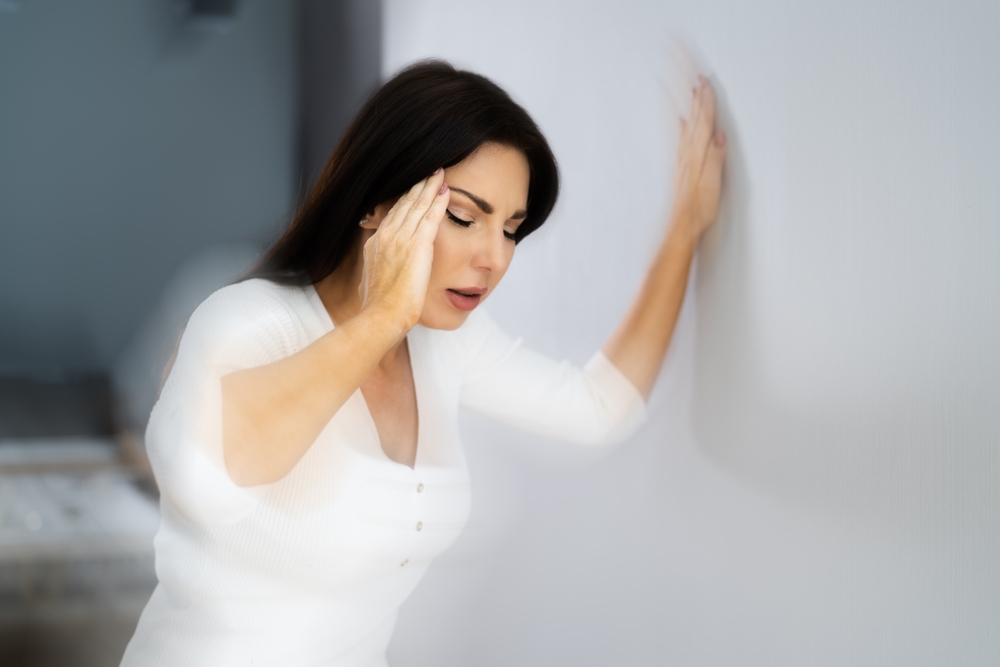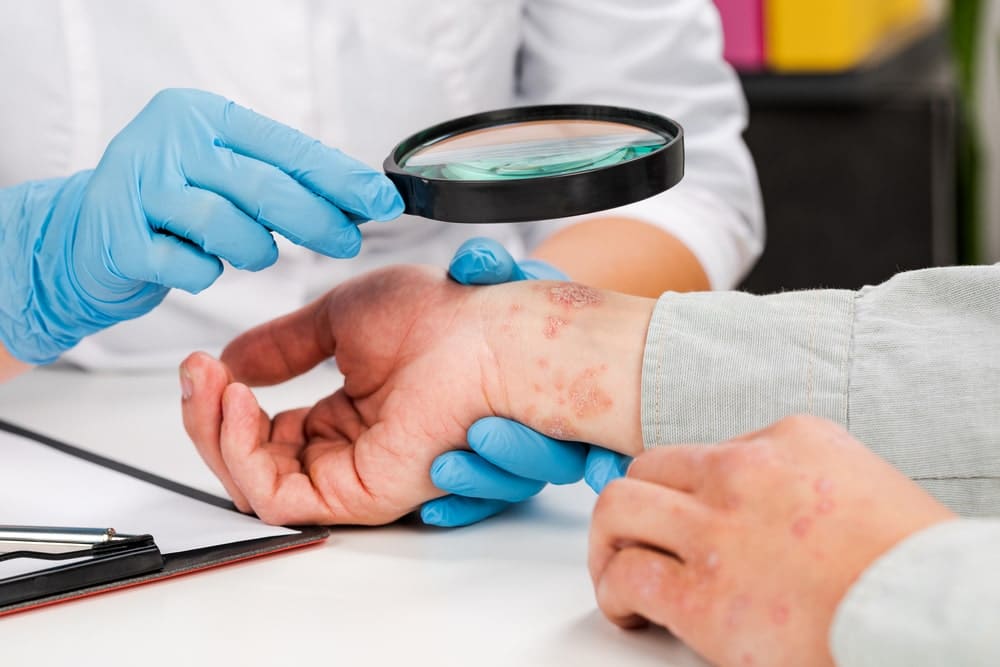
Balance problems
Parkinson’s disease can affect many of your neuronal capacities, especially basal ganglia. These tiny nerve cells are located deep inside your brain and they’re essential for flexibility and balance.
Unfortunately, Parkinson’s disease can gradually affect these nerve cells to the point you start losing balance.
Specialists can diagnose this symptom through an exercise known as the ‚pull test.’ During the test, a specialist will move your shoulders backwards until you lose your balance; the time it takes for you to regain balance can let doctors know whether basal ganglia is affected or not.
In normal individuals, it only takes one or two steps backward to regain balance, while those with Parkinson’s have a harder time standing still again.














6 Responses
Thank you so much for this informative post! I’m77 and haven’t really been feeling great…. A lot of the symptoms mentioned are present in my life right now. Fortunately I have an appointment with my Dr this week and I will certainly bring up all my concerns. Thank you !
Easy to read and understand. Well communicated. Thank you so much
I need to know the symptoms for my dad and I have a granddaughter that has been diagnosed with parkausim and she has the gene for Parkinson’s it is genetic she is two years old and some days she shakes really bad and it is hard to watch her she also has seizures
It is useful to know the symptoms, but there is no cure for ageing or for Parkinson’s.
Good to no the I formation
I hAve unexpected tremors of my hands sometimes. I never know when they will occur, could this be a symptom of Parkinson’s?